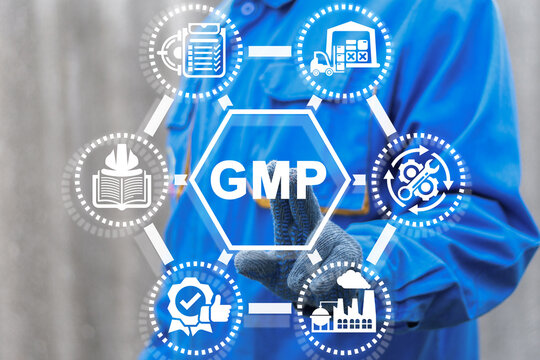
GMP Certification
A Good Manufacturing Practices (GMP) certification system provides independent verification and certification that the basic manufacturing practices and basic necessary for the implementation of an effective Hazard Analysis Critical Control Point (HACCP) food safety program are being followed. In process it deals with issues like documentation, record maintainence, personnel qualifications, hygiene, cleanliness, equipment authentication, customer complaint handling & redressel and process validation.
The Joint Commissioner is authorized by Commissioner of Food & Drug Administration, to sign & issue the certificates under the WHO-GMP certification scheme.
GMP requirements are not distinctive in any sense instead they are open ended and easy to implement also these conditions give liberty to the manufacturer to decide individually how to efficiently execute the necessary controls for certification. Need for GMP Certification
The main purpose of Goods Manufacturing Practice is to reduce the amount of risk involved in the production of pharmaceutical items. Pharmaceutical items include risks such as:
- Unexpected impurity in the product can badly affect the health of the end consumer which can further lead to fatal issues
- Inappropriate or wrong labels on containers which simply indicates that patient is consuming the wrong medicine
- Too much active or too less ingredient
- Causing ineffective treatment or adverse effects, etc.
GMP has many authorities under it such as covering all aspects of production, from the starting material, details regarding areas and equipment to the training and individual hygiene of staff. It provides the complete details about the procedures that yield the finished product and could affect the quality of it. Thus GMP certification indicates that strict process will always ensure quality products.
